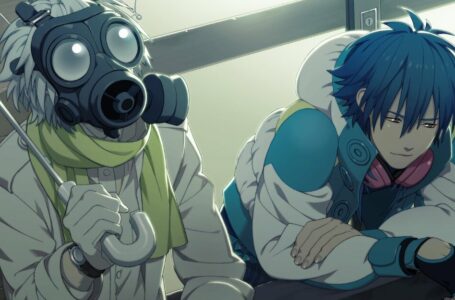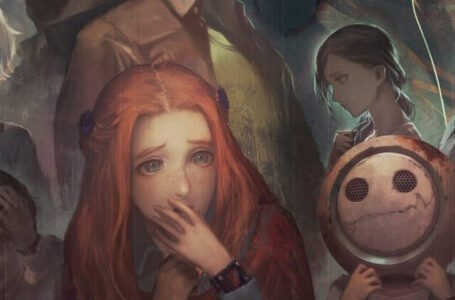Why are visual novels good for their players?
Call this article completely self-indulgent after having been inspired by our editor Pete’s much-appreciated message to male gamers to check out otome games, but that piece made me somehow value the genre even more so than ever before.
Then it got me thinking — how exactly do I benefit from how much time I put into all of these dating sims? The reasons for playing them are worth understanding, so let’s discuss how they impact and affect the people who play them — for both better and for worse.
We’ll be discussing many genres of the medium, such as dating sims, otomes, and eroge — and much of what we’ll talk about here applies more broadly to gaming in general, not just visual novels.
Introduction
I’ll start off with a personal note. As someone who has struggled with dyslexia from an early age, reading was never that attractive of a hobby for me to ever consider. I can count how many books I have read by myself on nothing more than my pair of hands (and out of them, In The Miso Soup and Kitchen are my favourites if you want some random recommendations) — and I am still proud of reading all those books to this day.
And yet, I have been a massive fan of visual novels since my teenage years. A lot of this comes down to how visual novels are presented; the often gorgeous visuals alongside their original soundtracks and voice acting make it so very easy to immerse yourself into their stories and world.
While my choices of first visual novel experiences were questionable considering my age at the time (Dramatical Murder and Song of Saya were too hard to resist), the benefits of the genre are plentiful. Visual novels have helped me grow as a person, place more value in my own worth — and most significantly had a hand in easing me into functioning as a seemingly normal human being around others. But we have to first acknowledge how it’s not all smooth sailing for everyone.
The bad news first
Dating sims have often been stigmatised due to generalisations and assumptions about who plays them and why. Both inside and outside of Japan, the general consensus is that those who play dating sims play them because they are single, and that they are looking for a virtual relationship experience because they feel lonely.
As one of many people who plays these games while in a relationship, I can say with confidence that this assumption could not be any less accurate. That said, a study concerning the cultivation effects of female-orientated dating sims in China did discover the majority of its participants were single (a total of 68.3% from among its 284 respondents) and also found that the majority of its participants strongly agreed that they had parasocial relationships with game characters. Additionally, the study seemed to pinpoint the general age, income, education, and relationship status of otome gamers in China, with the majority of them being young, single students with low monthly income, who play most on mobile phones.
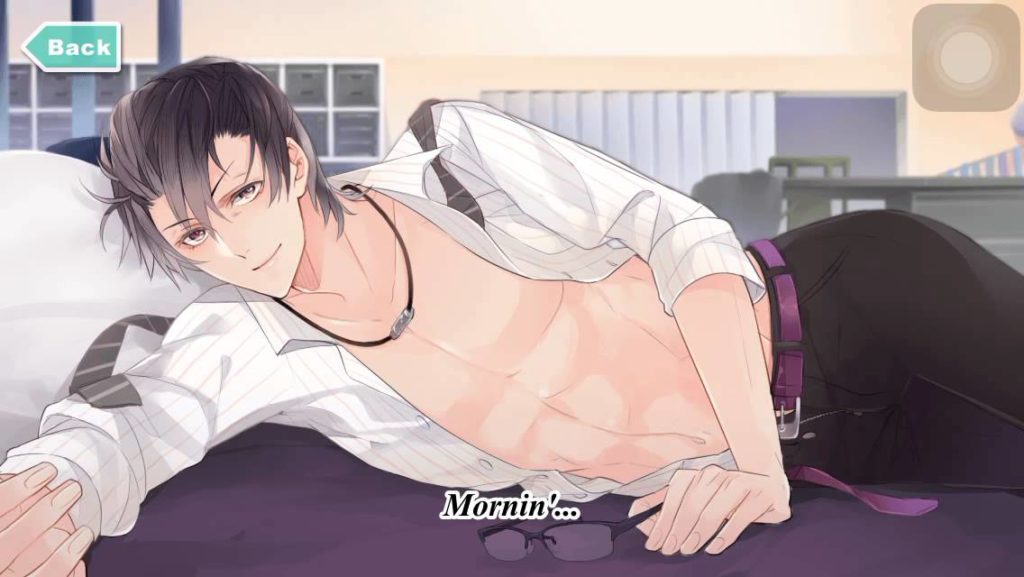
The most significant finding of the research for our topic in question is the evident issue of synthetic relationships. Dating sims has been widely regarded as negatively affecting individuals’ behaviour, such as changing their views of real potential partners, raising expectations of such suitors, and even having players completely favour their virtual crushes over real life partners.
Such issues are understandably concerning within Japan as birth rates continue to decline alongside shifts in attitudes towards courtship ideals, and the ever-expanding and life-altering technology of dating sims continues to be an easy target of condemnation with such rising issues in mind.
There are many examples of dating sims seemingly crossing a line. From the very early stages of individuals marrying Love Plus characters to how otome games such as Mystic Messenger utilise phone calls and text messages as modern gameplay mechanics. In the latter case, the game starts to demand the player’s real-life time and commitment in order to ensure they don’t miss out on anything; the designs of these characters and relationship dynamics seem to be increasingly encroaching on our very own lives.
A lesser-known example is Bedtime Sweetheart: Shall We Sleep, a title which provides us with comfy and attractive partners to join us for a good night’s rest. These cases go to show how dating sims have come a long way in their interactivity, almost acting as complete replacements to the real deal.
This isn’t exclusive to games, though; who else remembers how far even certain anime have taken this concept? Just check out Makura no Danshi as a prime example of this, although this was suspiciously rather more terrifying in comparison to video games.
But if there’s one thing I’m wary of regarding these mostly blown out of proportion fears, it’s in the possible advancements towards having you meet the 2D boyfriends through VR. Now that’s a little too much if you ask me. (*Quietly slides his copy of Summer Lesson behind his back* – Ed.)
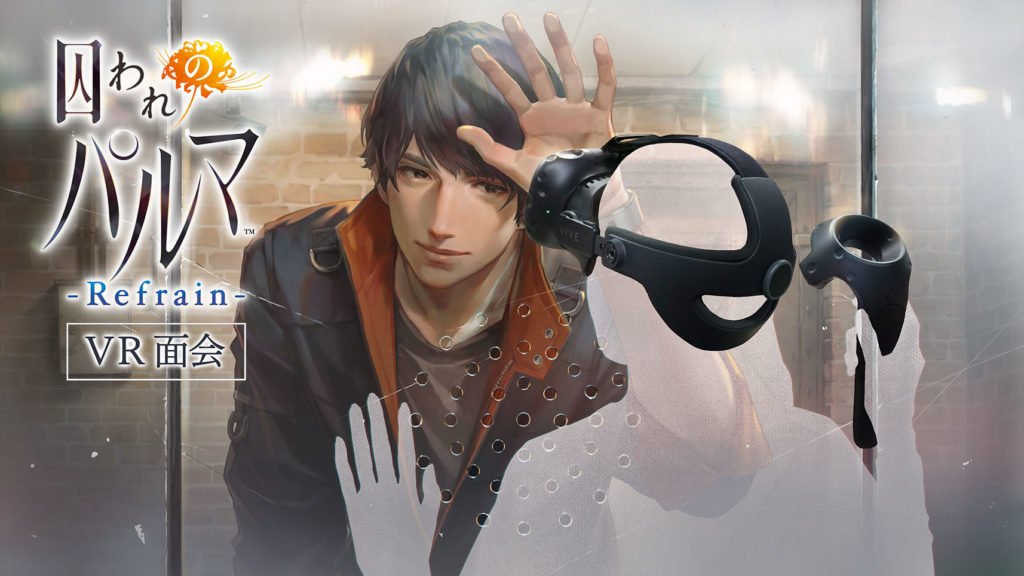
It’s all uphill from here – if you look at the issue with some acceptance
As I have previously said in my first piece on otome archetypes, otome titles, eroge and every single example of a dating sim are more often than not played with the understanding that their stories and characters are completely fictional. The sense of escapism and a feeling of openness towards certain elements of the genre that might be unacceptable in the “real world” is a major pull for many players.
Popular examples of this include the problematic yandere archetype, the entire plotline and mistreatment of Diabolik Lovers’ Yui, and morally grey characters such as Piofiore’s Yang. These characters and narrative threads might be negatively received, but are also often cited as players’ favourite elements of these games. It is all up to one’s individual preferences — and in the same vein, a lot of these elements can actually be lessons for the player.
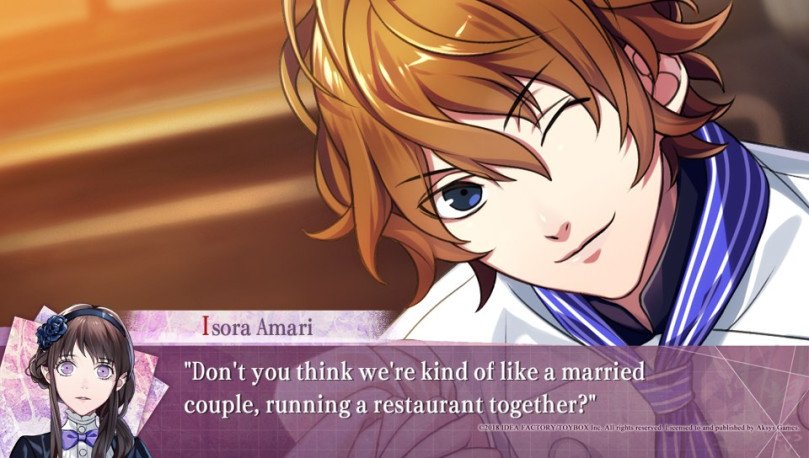
For example, yanderes can often be seen as rather extreme warning signs of a partner who may not have your best interests at heart, Diabolik Lovers allows players to dip their toes into experiencing sadomasochism in a safe environment and without judgement, and Yang gives us an example of dealing with someone who has an incredibly distinctive personality — deliciously twisted and complex. All this only makes for a pool of love interests that is constantly fresh, memorable and full of variety.
Overall, certain issues covered within the contexts of these games can make for a challenge to persuade those who are against what they present, but visual novels have many other benefits which are not so hard to see. Let’s take a look at why exploring the protagonist of a visual novel from a first-person perspective is so effective in the medium.
The scariest aspect is yet to come: self-reflection
When visual novels are adapted as anime series, they often miss the point of character-specific routes for the sake of retaining the “true” route. This is understandable, but it also completely omits an overwhelming amount of context and material in doing so. Anime adaptations will also rarely adapt the almost always significant H-scenes for obvious reasons.
Narrative routes are an exclusive mechanic to the visual novel medium, making for genuinely refreshing and unexpected narratives — particularly when auteurs such as the incredible Kotaro Uchikoshi emphasises a sense of mystery, intrigue and foreboding through multiple runs.
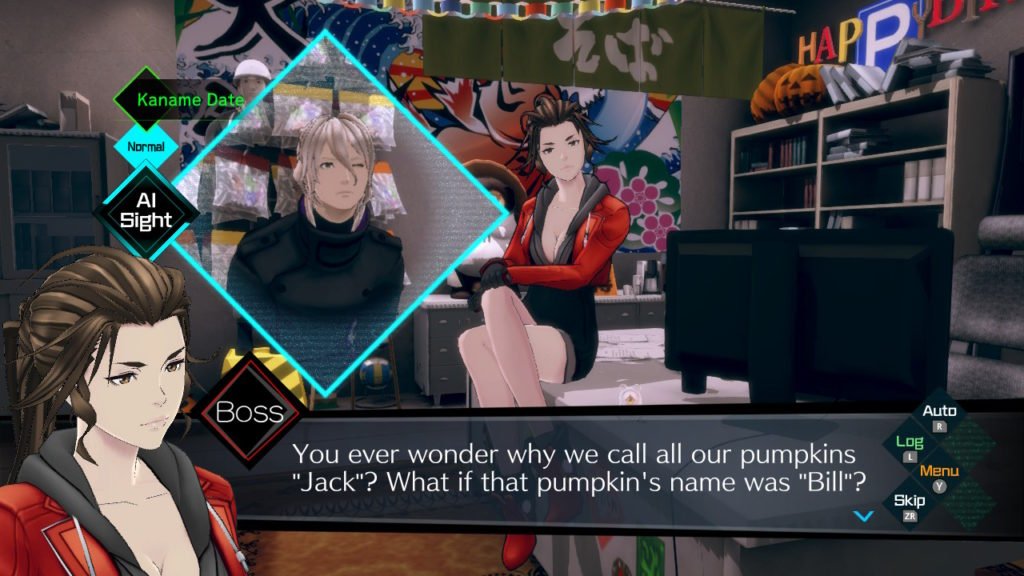
A major part of making a great visual novel is nailing the characterisation of its main character. There are many great examples of strong protagonist, but a personal favourite is Haruaki Fusaishi of Raging Loop. He’s one of the strongest out there for his mental strength, considering his continual looping in the terrorised village of Yasumizu.
He has an oddly charismatic way about him, managing to almost immediately capture the attention of supporting side character, Chiemi, and his conversational skills can be so outlandish that they surprise both the characters and us as the audience. But most importantly, when he is actually in danger and almost defeated by mental exhaustion, it sent me into a genuine panic due to how much I had come to care for him after aligning myself with him.
Unlike so many blank slate main characters, my first thought was not “where will the story go if this character dies” and was instead “I am going to be so mad if Haruaki dies”. I not only wanted to see the story conclude, but witness that conclusion alongside Haruaki.
But despite my gushing on Raging Loop’s main character, there are a few more questionable preferences I have that may be hot takes. Let’s start off naming a few problematic MCs as examples: Yuusuke Takemura of I Walk Among Zombies, Sakisaka Fuminori of Song of Saya, and Takatou Keisuke of Euphoria.
Each of these characters set up disturbing plotlines in their respective games, being the main driving force behind the narrative’s shocking events. It turns out that the most morally grey and seemingly unlikeable characters provide some of the best plotlines in visual novels — the sheer discomfort of being around them provides potential for fascinating character developments and arcs.
This is not always the case with odious protagonists, of course; some are completely irredeemable. In fact, my unfortunate stumbling across the absolutely horrifying discovery of Dustmania Grotesque made me reluctant to browse the Internet ever again. For the love of everything pure and sacred remaining in this world, do not look that one up. (I second that – a somewhat queasy Ed.)

But for visual novels where the story and characters demand a certain amount of tragedy and discomfort, the impact of these challenging characters’ perspectives, thoughts and opinions is heightened as we are placed directly into their shoes. We become the instigators of their actions. We have to pick what we deem to be the “correct” answer by the routes laid out before us — and yet, even the supposedly good outcome is often not for the best simply because these stories are already so hopeless, depressing and cruel. It can be a rough journey — but it’s never a boring one.
In this sense, the medium of visual novels strikes me as a method of storytelling that is more penetrating and disturbing than any other. And as someone who never considered themselves as a fan of anything horror-related, horror visual novels offer some of the best games in the medium thanks to their narratives and limited mechanics.
They lock us into their settings and stories with the knowledge that there is little to no light at the end of their narrow, bleak tunnels. With a horror visual novel, I know I’m in for the ride of my life, while at the same time learning that my own life could be so much worse.
Also, please don’t learn anything from horror visual novel main characters — apart from things you should avoid doing at all costs. Use dating sims instead if you want more positive digital role models!
Dating sims as dating tips
On the flip side, let’s get into how dating sims better help us develop. They are an appropriate and valid means of escapism — and they provide small thrills from romantic gestures real-life people simply do not do. A great example is the kabedon trope, which takes my breath away each time I witness it — but this would be terrifying in real life for encroaching upon my personal space.
Dating sims also provide lines so delightfully cheesy that they could only ever be acceptable within these games — Fire Emblem’s confession scenes actually take the cake with this one, despite the fact it’s a game with dating sim elements rather than an outright dating sim. And sometimes they give us dialogue that would be seen as unappealing or rude in real people, but which are somehow appealing in the world of visual novels — Collar x Malice’s Takeru can be summed up in this way.
It’s all for the enjoyment of engaging with the material, and while this is all for fun, it’s the deeper and more meaningful payoffs I think are of the greatest importance.
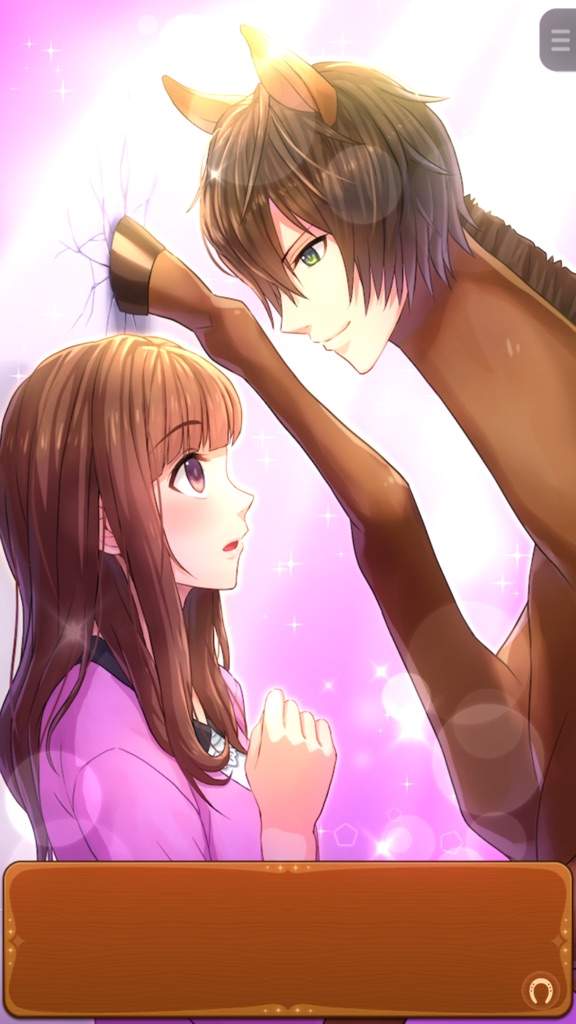
We’ve previously explored how the visual novel format can even be provided as learning tools for the Japanese language, and even to improve your cooking skills. Otomes may not appear to be so obviously beneficial, but our 2D boyfriends can often provide simple comfort on a rainy day; they’re always there for us after a bad break-up, or as a reminder that you’ve got a lot more going for you than you give yourself credit for. Bad Apple Wars’ Rinka has the guys falling at her feet despite having no interests of her own or personality to speak of, after all!
All joking aside, otomes are my primary source of gaming, and it never fails to raise my spirits and improve my mood to learn of relatable leading ladies who are role models. But it’s not just about following main characters’ examples.
An older but classic YouTube video by the Game Theorists shines a wonderfully bright and brilliant light on how dating sim games can positively affect our learned behaviour.
Propinquity represents what our “personal closeness” score is to someone, which is often explicitly displayed in dating sims by stats or visual cues. And the “mere exposure” effect means being around something that becomes familiar until it raises your own likeability towards the subject in question.
Both of these terms greatly affect our likeability to our love interests both within and without the medium through our choices, and these are not the only surprising correlations to the real world. The video goes on to point out other helpful tips dating sims quite obviously suggest — such as in HuniePop, whereby making a memorable introduction, and avoiding something as simple as making grammatical mistakes when sending texts are simple decisions that can raise someone’s opinion of you. Great!

I have always found that the limited amount of dialogue choices within these games are great indicators on what to say and what not to say when conversing with others or attempting to address certain topics. Or maybe not so much — as I tend to over-worry if my response was the wrong answer, or if it affected the person’s perception of me. Either way, dating sims do a good job in raising our confidence and sense of comfort towards certain situations through repeated experiences that point to “right” and “wrong” behaviour we can learn to adopt and benefit from.
By providing a safe space to learn how to flirt, read social cues, or experience rejection for the first time, dating sims can serve as great comfort for younger audiences, particularly those struggling to understand themselves and the world in their own time and space. Indie titles are even fulfilling audience niches that expand on the far reaches of the medium. Digital Bloom Media excelled at this with their first title, LongStory, being an approachable and safe option for young players to appreciate and learn to accept their sexuality. The company’s latest release Later Daters stars an unfortunately underrepresented group of people: queer pensioners. What a brilliant conception.
There seems to be no end to how visual novels can both positively and negatively affect our behaviour. As I briefly mentioned in the first section, some individuals use the genre of dating sims as substitutes for actual communication with real people, which can hinder their personality traits and encourage them to adopt more antisocial behaviour. But on the other hand, they can be a safe and reassuring way to combat our loneliness, fulfil fantasies in a safe manner, explore our sexuality, understand how to appropriately communicate, improve empathy, work on learning or language difficulties, and even improve social anxiety. I don’t know about you but I can think of far more pros than cons here.
Plenty of lessons worth learning
When we look at visual novels with more gameplay mechanics such as the Ace Attorney, Danganronpa, and Zero Escape series, it’s clear that the medium also has great potential to stir the cognitive process. Each of these games has a certain level of difficulty to them, with the problem-solving elements helping us improve our decision-making and reasoning skills. It’s clear how these more player interactive based visual novels benefit us, and more explicitly puzzle-based video games such as Professor Layton can aid us in the same way.
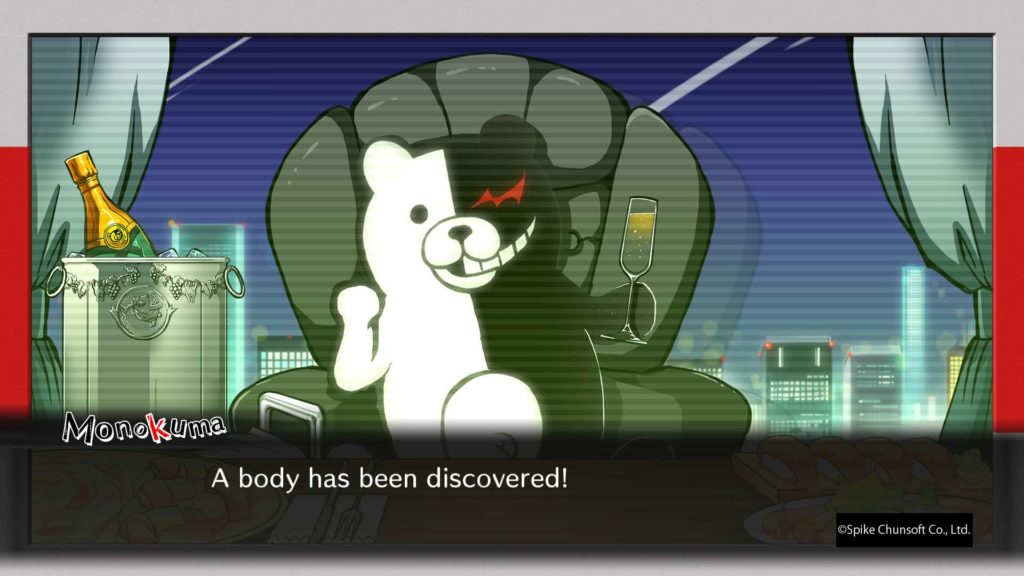
What’s interesting in comparison is how the main source of gameplay in the most straightforward visual novels can have just as much legitimacy when it come to benefiting the players — simply through their narratives and choices encouraging the player to think and reflect on what is happening.
Only recently was research conducted on this topic in 2020 that looked into how visual novels could truly benefit educational purposes — and this correlates to a number of points we visual novel fans have known for years. Visual novels such as Bokuten have a central focus concerning the significance of love and happiness, while the hugely popular, free-to-play Katawa Shoujo, set in a school for disabled students, is a touching and supportive story for anyone affected by the same afflictions — or for those wanting to challenge or question their own unconscious prejudices.
Such stories can have such an affect on the player as to deeply move and change our own established identity through the themes and messages their narratives delve into.
Additionally, visual novels often come with glossaries or encyclopaedias that provide further educational benefits — especially on the topics of real-world figures. Great examples of this include titles like Hakuoki and Code Realize, which are based on characters from both history and fiction.
The way such games “defamiliarise” their historical or famous literary figures makes for easier access and an increasing interest in consuming facts and information through the fantastical stories.
This works for real-world concepts and concerns, too. Collar x Malice provides one of the best examples of this, with the always-prevalent, real-world threat of terrorism in its main story, and the way it presents its various perspectives on the issue through different characters, differing ideals, opposing job roles and the procedures, thoughts and issues concerning the matter. It’s a matter which greatly affects our own understanding of the world.
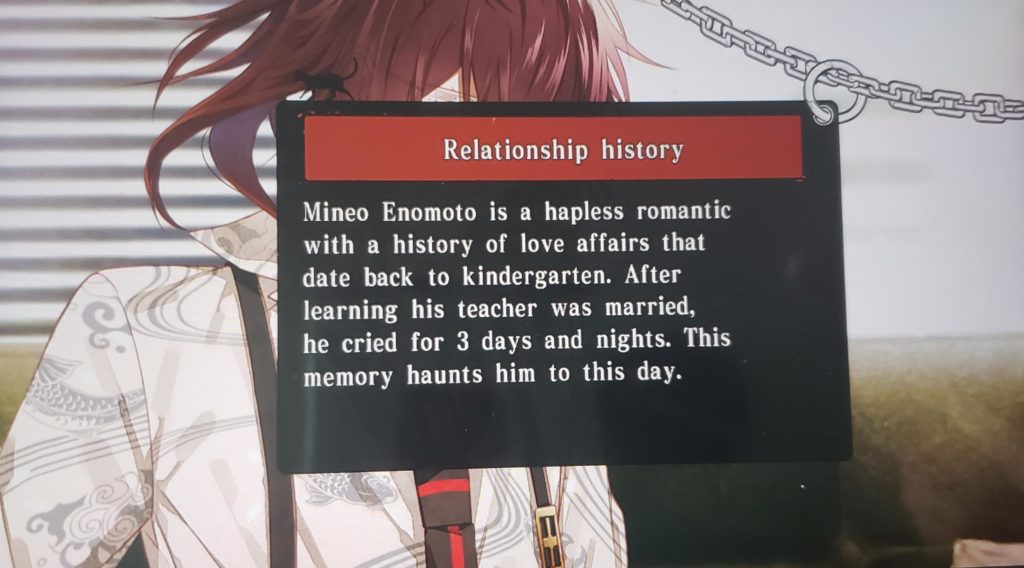
Root Letter and Rewrite also fall into this bracket for being established in real life settings and locations, further adding information in their glossaries as terms that deepen our knowledge and understanding of Japan. Even otomes highlight romantic activities players in the west would otherwise be ignorant to, such as fruit picking, and how to have a successful Christmas date. Who knew the genre actually helps build up our understanding of the real world, and potentially apply it to our own interactions for better outcomes?
In closing
This topic is wide — so wide that I could have referenced how even The Sims helps us feel a sense of control and assurance. It’s no surprise any kind of video game can have such a hold on us, or affect us in some way — and we’re barely scratching the surface here.
But for what it’s worth, I’ve enjoyed my rambling on a video game genre that is close to my heart, even if it has been needlessly long. Hopefully it’s been an enjoyable enough read.
Join The Discussion
Rice Digital Discord
Rice Digital Twitter
Rice Digital Facebook
Or write us a letter for the Rice Digital Friday Letters Page with the widget on the right!
- Sigh of the Abyss: Shadow Bonds – Prologue Review - October 7, 2023
- Is She The Wolf? is wickedly addicting TV - October 6, 2023
- The steady consumption of Slow Damage - October 5, 2023



